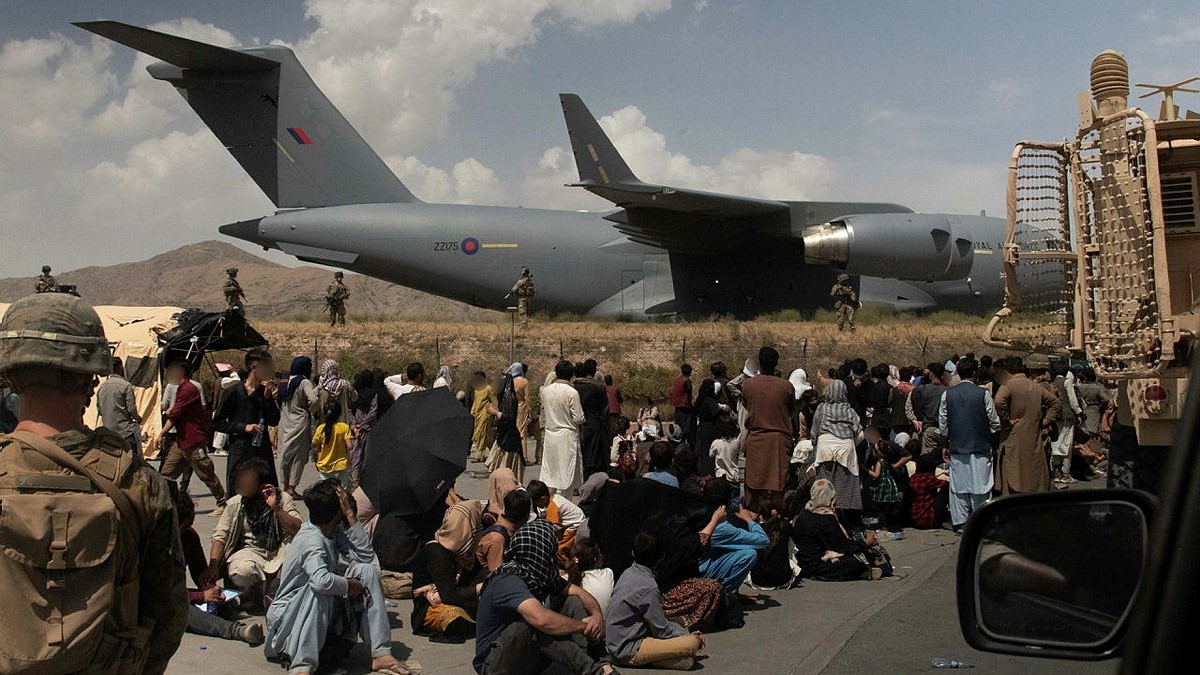Afghans who worked with UK forces face deportation back to country under Taliban rule
Afghans who worked with UK forces on Operation Herrick have been messaging a charity "pleading for help" as they face being deported back to Afghanistan from Pakistan.
Thousands of Afghan refugees who fled to Pakistan after the Taliban regained power in August 2021 had until Wednesday to leave the country or face expulsion under orders of the Pakistani government.
This includes hundreds of Afghans, plus their families, who worked with British Armed Forces during the war, whose lives are at risk if they return home.
- Sandhurst in the sand: What is left of UK-built Afghan army officer training complex?
- Special forces' killings probe will be emotive and uncomfortable, military chief warns
- Doctors said I was dead: Afghanistan veteran tells new podcast how he cheated death
Many former Afghan interpreters, and others who worked with the British, came to Pakistan on the first leg of their journey to the UK after being granted permission by the British Government to relocate.
This was part of a protection programme offered by the British Government called the Afghan Relocation and Assistance Policy – or ARAP scheme – to try to help Afghan men and women who served alongside UK forces to escape reprisals from the Taliban.

The scheme has faced severe backlash due to significant delays in processing applications.
Those still waiting for a reply to their ARAP application have no official protection from the deportation order, and have been contacting various charities asking for them to intervene.
"We receive emails and texts on a weekly basis pleading for help," said Matt Simons from the Bridge to Unity charity.
"So it just goes to show the desperation, maybe, that they will reach out to absolutely everyone as they really don't want to return to Afghanistan for what will happen to them because of their links to the British forces."
The ARAP scheme is run jointly by the Home Office and the Ministry of Defence, which said it had received more than 95,000 applications and had now processed all but 1,000 of them.
But even when their applications are successful, some have found themselves waiting in Pakistan for months or even years before securing passage to the UK.
A recent Foreign Office estimate put the number of Afghans in this position at more than 3,000, and it is this group that feels particularly vulnerable in the light of the Pakistani government's threat to remove them.
Last week, the first flight bringing Afghan refugees from Pakistan arrived in the UK after a pause of nearly a year.









